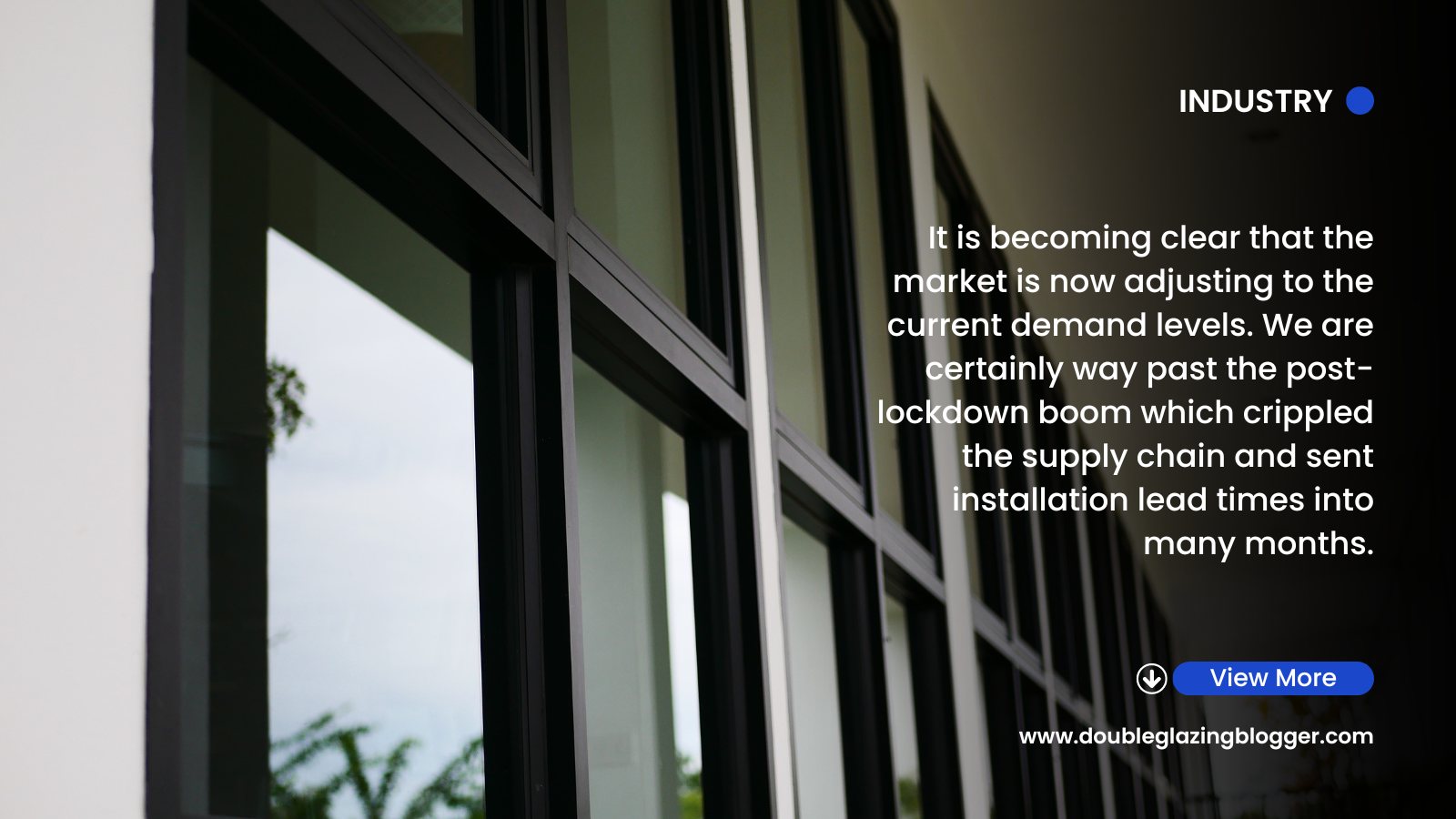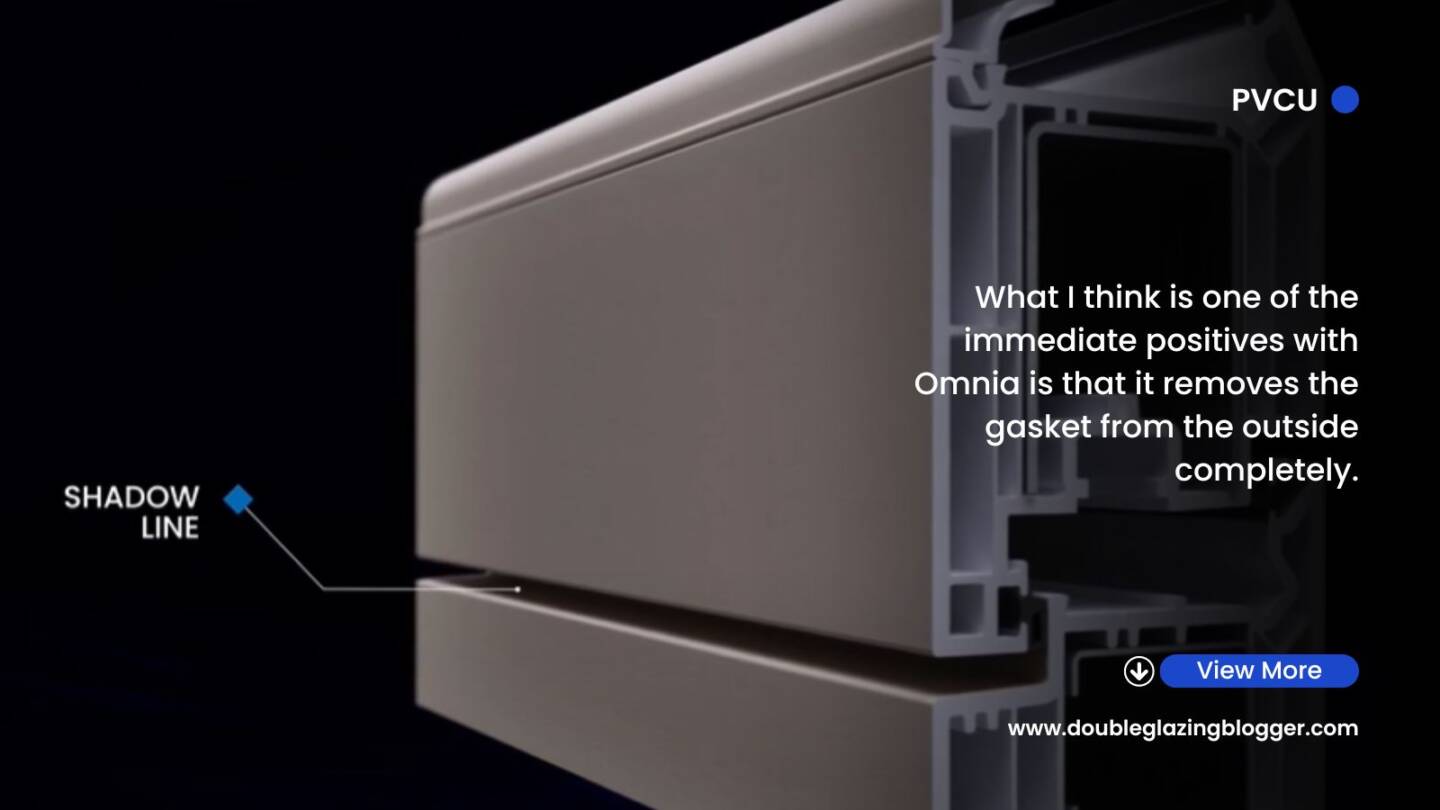Since Sterling’s drop after the Brexit vote, it has generally stayed within a range. It has swung just a few cents either way versus the Dollar, from around $1.20 to $1.25, and occasionally nudging above that. It’s been a similar story with the Euro.
However it was the initial drop from the $1.45 level to what it is now that set of a whole swathe of price increases from the top of the supply chain down. For now, until Brexit negotiations begin, it looks set to stay within that range.
There is some positive hints though, with a number of financial institutions now saying that Sterling is likely to experience a strong rally by the end of the two year negotiations. I’ll expand on that later.
But what if it all does not go to plan, and Sterling remains at this level or lower? Well if it does, I believe it will be time for the glazing industry to start investing big time in manufacturing here.
Control of costs
Say negotiations fail, and the UK and EU part ways without a deal and we have to fall back on WTo trading rules. Not great. But there will be measures industry, including fenestration, can take to control it’s own future. For me, that means investing in making the raw materials and everything else that goes into producing windows and doors right here in Britain.
Now I understand that this is easier said than done. Many components used in our products are made abroad and shipped over here. However, if Sterling stays at this level, or continues to fall, the advantages we once enjoyed due to higher Sterling value will be next to nothing. It would make no sense to keep that manufacturing abroad if it begins to cost as much to make overseas than it would here.
If that scenario plays out, I would like to see the glazing industry’s systems companies, fabricators and other general suppliers of our goods make the decision to make their products here. By doing so, they would be in much more control of the prices required to make their windows and doors. If they could source the vast majority of their raw materials from these shores, fluctuations in the Dollar and Euro would matter very little.
Not only that, it would create new jobs in the UK glazing market. A lot, potentially. We’ve been crying out for a new influx of talent and labour for our industry at all levels, that might help.
It’s worth remembering that we’re very, very good at making things here in this country. In fact it was pointed out after the deal was announced that the owners of Peugeot were to buy Vauxhall, that we had the most advanced car manufacturing plants in Europe, if not the world. We know how to make almost anything, and to a high standard. So rather than see the potential failure of Brexit negotiations as a bad thing for our industry, I would prefer to see it as a chance to shift focus back to UK manufacturing, and the start of a new chapter of very high quality window and door products, rejuvenating a sector, with home owners being the primary winners.
If we’re going to be forced down the Plan B route, then we’re going to have to be ready to fight for our corner, and be prepared as an industry to make whatever situation we are landed with work. I believe massively increasing UK fenestration products will be part of that.
Why it probably won’t come to that
It might not feel like it, but European politics is actually going to have a big say on how our industry is affected by Brexit talks over the next two or so years.
There is a lot of commentary around exactly how powerful our negotiating position will be during Brexit talks. Some believe we’re in a weak position right now. Some believe we’re in a strong position. I personally believe that we’re in a decent position, that will become stronger. Mainly because Europe, rather than the UK, is actually going to undergo major political upheaval in the coming two years, and it will ultimately benefit the UK.
In a few days time the Netherlands goes to the polls, with right-wing candidate Geert Wilders leading a very tight race. He wants Holland to leave the Euro, leave the EU and would likely launch a Nexit plan soon after winning power. With 28 parties participating however, the chances of him winning outright are slim to non, and the chances of him forming a coalition government are less than that. So, political stagnation with a rising populist movement there for a while.
In France, during April and May they have their own elections. Marine Le Pen, their own far-right candidate promising to leave the Euro and probably the EU too, is rising in the polls there too. So far she is predicted to do well in the first round of votes in April, but lose in the second round in May. But I’m sure we all remember the last lot of polls and how accurate they were. I personally believe she has a decent chance of winning power, and if she did, that would be a near terminal blow for the EU.
In September, Germany goes to the polls. Right now, Angela Merkel’s chances of winning another term are fading quite quickly. There is a populist movement rising there, and there is rising anger at her decision to let over a million migrants into Germany at the height of the refugee crisis not too long ago. If by the end of 2017 Marine Le Pen is in power and Merkel is removed, we can start waving goodbye to the EU swiftly.
And so we get to my wider point. Even if these scenarios don’t play out, the results will still be close, and the political situation across Europe will be far more unstable and uncertain in the years to come. Compare that with the UK, who won’t be having elections until the middle of 2020, that puts us in a much stronger position from which to negotiate. Especially if our economy continues to hold up fairly strongly.
The end result will be a rise in the value of Sterling. With each election, even if the results are only close and not complete shocks, some value will start to return as Europe begins to look more shaky, which it looks like it will at this point. The effects on the glazing industry will be positive. The rises in production costs should be reversed, easing pressure on our supply chain at the very top, which will trickle down to all of us. The question will then be how much of those savings will be passed on to installers and home owners.
It’s a complicated picture for us all that looks set to start in a couple of weeks time. What is clear is that UK fenestration does have options to turn to if things go south. But I’m a glass half full kind of person, and I believe that we’ve got the skills and right people to come out of negotiations in a positive position.
I cannot remember a time where politics affects UK glazing than it does right now. It’s a very interesting time to be in the industry.
To get weekly updates from DGB sent to your inbox, enter your email address in the space below to subscribe:






